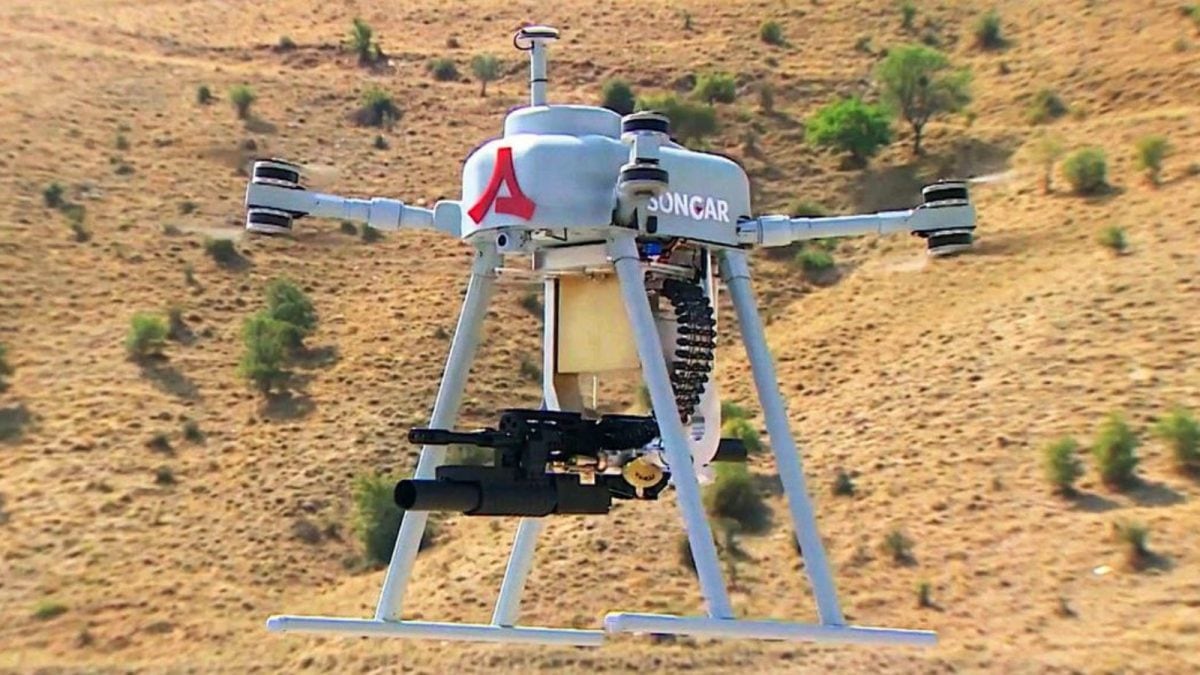Last Updated:
Poland joined NATO in 1999, marking a decisive shift toward Western institutions following the fall of communism.

Poland is one of NATO’s leading defense spenders (File Image via X)
Poland has accused Russian forces of violating its airspace overnight with hostile drones, reportedly during attacks targeting Ukraine. In response, Warsaw invoked Article 4 of the NATO treaty, a move that has heightened tensions between Russia and the NATO alliance.
The incident adds to growing security concerns along NATO’s eastern flank. NATO Secretary-General Mark Rutte described the violation as “not isolated” and affirmed that the alliance would “closely monitor” developments along its borders with Russia and Belarus.
Recommended Stories
The North Atlantic Treaty Organization (NATO) was established in 1949 as a collective defence alliance in the wake of World War II. Originally comprising the United States, Canada, and 10 European nations, NATO was designed to provide mutual defense against potential aggression from the Soviet Union.
At the core of the alliance is Article 5, which states that an attack on one member is considered an attack on all, a principle that has served as a powerful deterrent. Over time, NATO has expanded to include 32 member countries, with Finland and Sweden being the most recent to join.
Poland joined NATO in 1999, marking a decisive shift toward Western institutions following the fall of communism and the collapse of the Soviet Union. Its accession was influenced by its geographic proximity to NATO-aligned Germany and its active participation in the Visegrad Group, which championed deeper integration with the West.
Today, Poland is one of NATO’s leading defence spenders relative to its GDP and has been a vocal advocate for stronger regional security measures. It consistently calls on NATO and the European Union to take a firmer stance against potential threats from Russia.
Article 4 of the NATO treaty allows any member state to request consultations when it believes its territorial integrity, political independence, or security is at risk. Unlike Article 5, Article 4 does not mandate military assistance. Instead, it serves as a mechanism for initiating formal dialogue and, if necessary, coordinating diplomatic or military responses among member states.
Poland
September 11, 2025, 04:51 IST
Loading comments…
Read More




